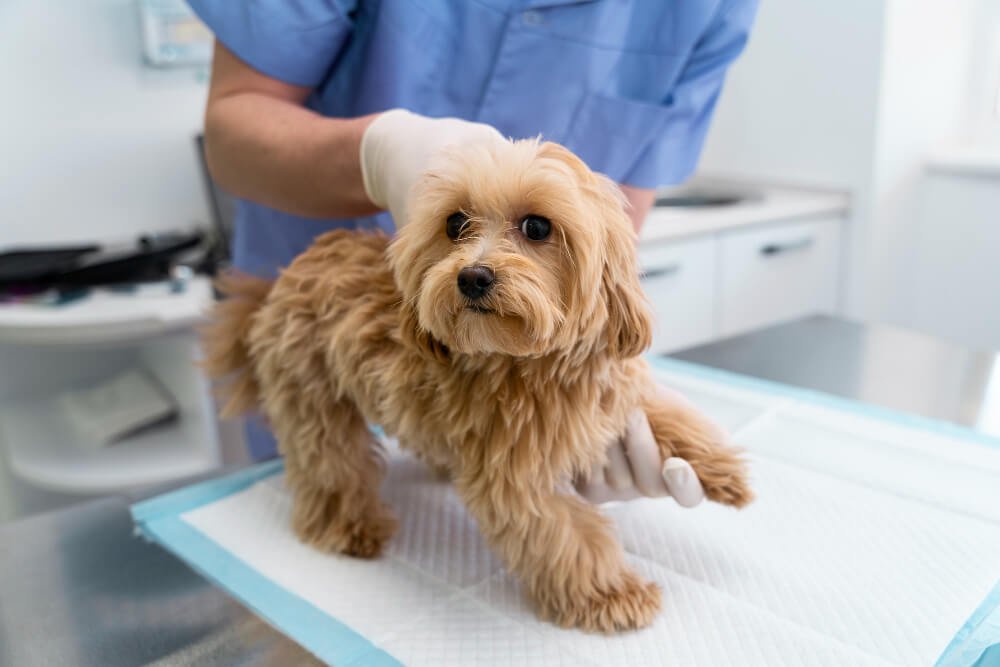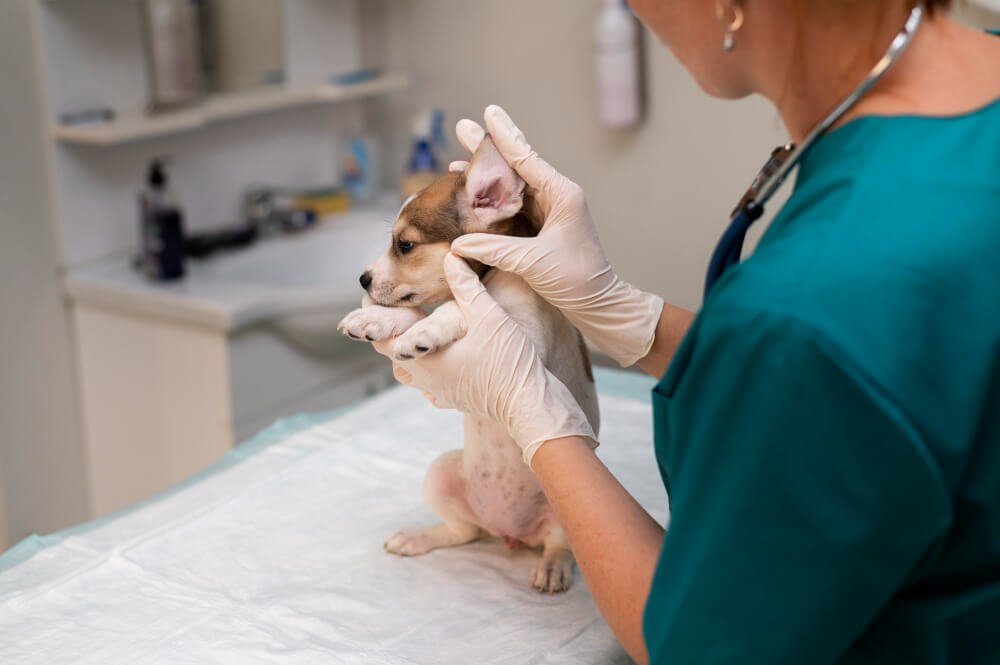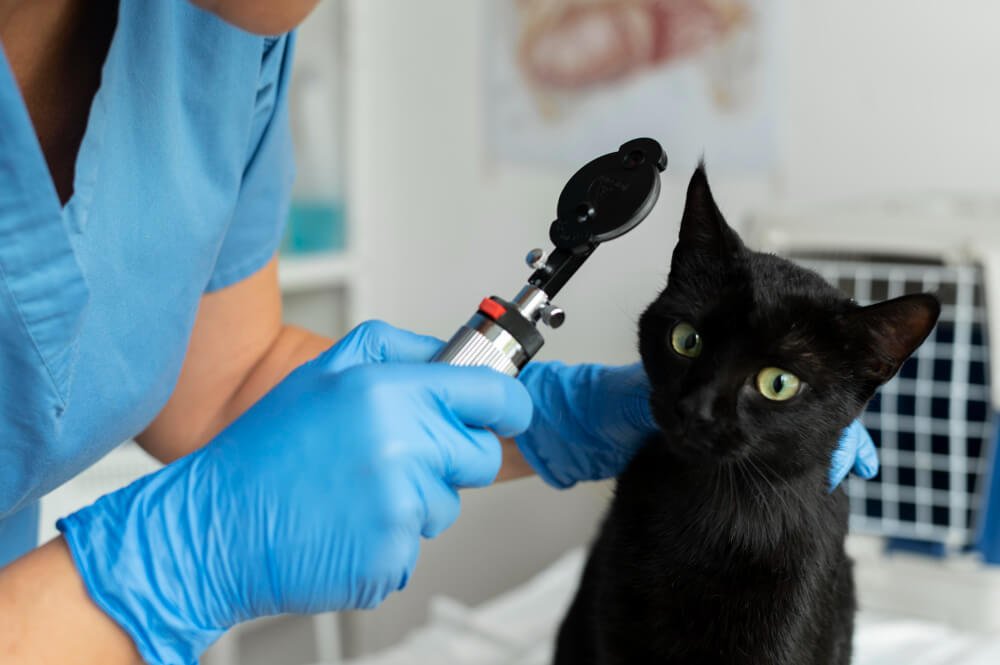As a pet owner, ensuring the health and well-being of our beloved furry companions is of utmost importance. Our pets hold a special place in our hearts, and we want them to lead happy and healthy lives. However, just like us, pets can face various health issues throughout their lives. As a competent SEO and senior copywriter, I will provide you with a comprehensive guide on spotting common pet health issues, enabling you to take early action and ensure the best possible care for your furry friends.
1. Understanding Pet Health
Before delving into specific health issues, it’s essential to understand what constitutes a healthy pet. Regular check-ups with a veterinarian are crucial in monitoring your pet’s overall health. A healthy pet will have a shiny coat, bright eyes, and a good appetite. They should be energetic, engaged, and displaying normal behavior patterns.

2. Identifying Common Symptoms
A vigilant pet owner must be aware of the signs that may indicate health problems. Here are some common symptoms to watch out for:
. Changes in Eating Habits
A sudden loss of appetite or excessive eating could indicate underlying issues.
. Weight Fluctuations
Unexplained weight loss or gain may be indicative of health problems.
. Lethargy and Fatigue
If your pet is unusually tired and lacks energy, it might be a cause for concern.
. Gastrointestinal Distress
Vomiting, diarrhea, or constipation can be signs of digestive issues or other health problems.
. Changes in Urination
Frequent urination, blood in the urine, or difficulty in urinating could point to urinary tract issues.
. Skin and Coat Abnormalities
Dry, flaky skin, excessive shedding, or rashes might signal skin conditions or allergies.
. Respiratory Problems
Coughing, sneezing, or difficulty breathing may indicate respiratory infections or allergies.
. Behavioral Changes
Uncharacteristic behavior, such as aggression or excessive whining, may signify pain or discomfort.
3. Common Health Issues in Pets

Let’s explore some prevalent health problems that pets often encounter:
. Dental Issues
Dental problems are common in both cats and dogs. Tartar buildup, gum disease, and tooth decay can lead to pain and tooth loss. Regular dental care and veterinary check-ups are essential to prevent these issues.
. Obesity
Obesity is a growing concern among pets, leading to various health complications such as diabetes and joint problems. Maintaining a healthy diet and regular exercise are vital in preventing obesity.
. Arthritis
Arthritis affects pets as they age, causing joint pain and reduced mobility. Supplements, a balanced diet, and low-impact exercise can help manage arthritis.
. Allergies
Pets can develop allergies to certain foods, environmental factors, or fleas. Identifying and eliminating the allergen is crucial for alleviating discomfort.
. Ear Infections
Ear infections are common, especially in dogs with floppy ears. Regular cleaning and prompt treatment can prevent severe complications.
. Urinary Tract Infections (UTIs)
UTIs can cause discomfort and may lead to more severe issues if left untreated. Regular access to water and prompt veterinary care are essential.
. Parasites
Fleas, ticks, and worms can infest pets, leading to various health problems. Preventive measures, such as regular parasite control, are essential for pet health.
. Diabetes
Both cats and dogs can develop diabetes. Early detection and proper management through diet and medication can help manage the condition effectively.

4. The Importance of Regular Vet Check-ups
Preventive care is the cornerstone of your pet’s health. Regular check-ups with a veterinarian can detect potential health issues before they escalate. These visits also allow for vaccination updates and discussions about your pet’s specific needs.
5. Maintaining a Healthy Diet
A well-balanced diet is crucial for your pet’s overall health and longevity. Consult with your veterinarian to determine the best diet plan for your pet’s breed, age, and health condition.
6. Exercise and Mental Stimulation
Regular exercise is essential for maintaining a healthy weight and promoting overall well-being. Additionally, mental stimulation through play and interactive toys can keep your pet engaged and happy.
7. The Role of Pet Insurance
Consider investing in pet insurance to alleviate the financial burden of unexpected veterinary expenses. Pet insurance can give you peace of mind, knowing that your pet will receive the best possible care without financial constraints.

8. The Power of Love and Attention
Never underestimate the power of love and attention in promoting pet health. Spending quality time with your furry companion strengthens the bond and allows you to spot any subtle changes in behavior or health.
Conclusion
Spotting common pet health issues is crucial for ensuring the well-being of our furry friends. By being attentive to their needs and promptly addressing any health concerns, we can provide them with the best possible care. Regular veterinary check-ups, a balanced diet, exercise, and love all play significant roles in maintaining pet health. Remember, a healthy pet is a happy pet, and with your commitment and care, you can provide your beloved companions with a long, joyful, and healthy life.

